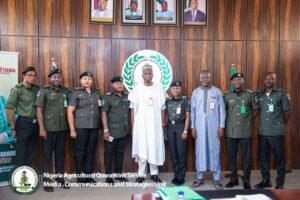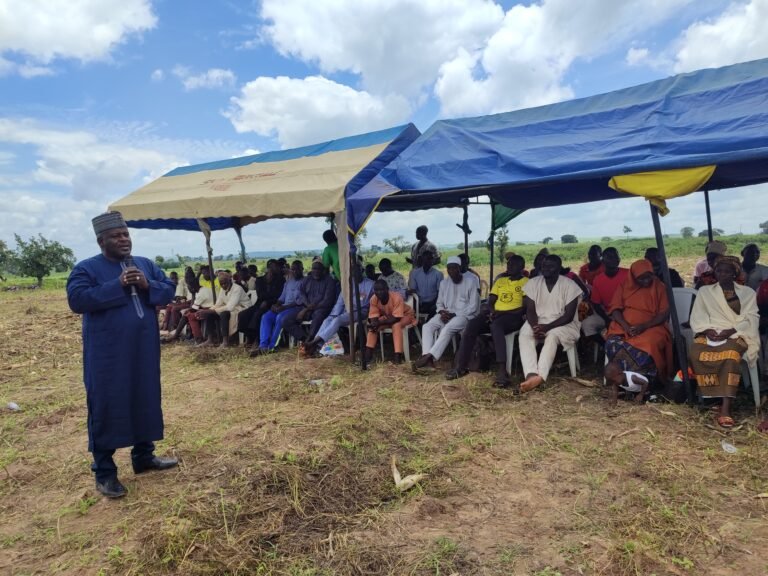Agric. fund sensitises farmers, herders on peaceful coexistence
By Rita Iliya
The International Fund for Agricultural Development (IFAD)-Value Chain Development Programme (VCDP) has sensitised farmers and herders on peaceful coexistence and sustainable agricultural development.
Mrs Elizabeth Isah, Business and Marketing Development Officer, VCDP in Niger, said this at a programme in some local government areas in Niger.
The programme is for promotion and sensitisation on Conflict Resolution through Commodity Alliance Forum (CAF) in Mokwa, Edati, and Borgu Local Government Areas.
She said the initiative was taken by IFAD-VCDP to foster harmonious relationships among farmers and herders in order to enhance agricultural productivity.
“The sensitisation organised by IFAD-VCDP, aims to educate farmers, and herders on effective conflict resolution strategies through CAF,” she said.
Isah noted that development is faster through effective conflict resolution, stressing that IFAD had zero-tolerance towards conflicts because it retards long-term sustainability of its projects.
According to the resource person, Mr Julius Karma, conflicts arise from clashes between economic interests and value systems, particularly among farmers and herders competing for limited land.
“With the growing population, pressure intensifies as farmers seek to produce crops and herders seek grazing land, leading to clashes between them.
“Unresolved issues increases tensions; parties involved in conflict should always seek dialogue for amicable resolution,” he said.
He said that conflicts were inherent aspect of human interaction, but could be destructive as well as beneficial resulting to positive change and growth when resolved.
Similarly, Hajiya Maimuna Abubakar, Rural Institution Gender and Youth Mainstreaming Officer, VCDP in Niger, decried the reports of some farmers exploiting their positions to sexually harass and abuse women and children.
“Cases of men harassing women and vice versa have been received; IFAD-VCDP is against such behaviour as it is a deviation from the project’s objectives,” she said.
She disclosed that farmers would be sensitised and trained on their roles and responsibilities to combat sexual harassment to ensure a safer environment for all.
Alhaji Mohammed Aliyu, Village Head of Mokwa, represented by Alhaji Adamu Ndarafi, Magajin Rafi, commended IFAD’s agricultural development intervention, and urged farmers and herders to live in harmony for sustainable growth.
The News Agency of Nigeria (NAN) reports that the sensitisation was attended by stakeholders, village heads, local government chairmen, farmers, Miyetti Allah, divisional officers of police and NSCDC.(NAN) (www.nannews.ng)
Edited by Kevin Okunzuwa/Ismail Abdulaziz





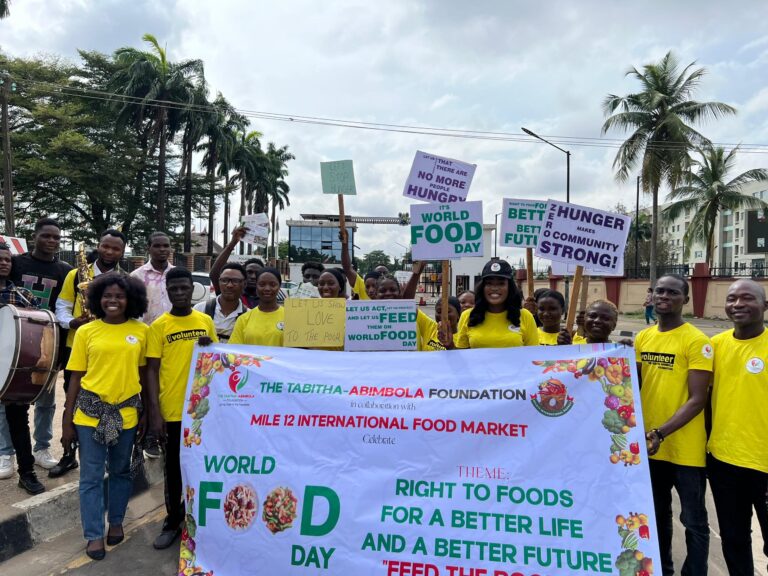
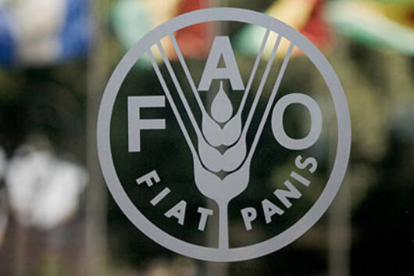
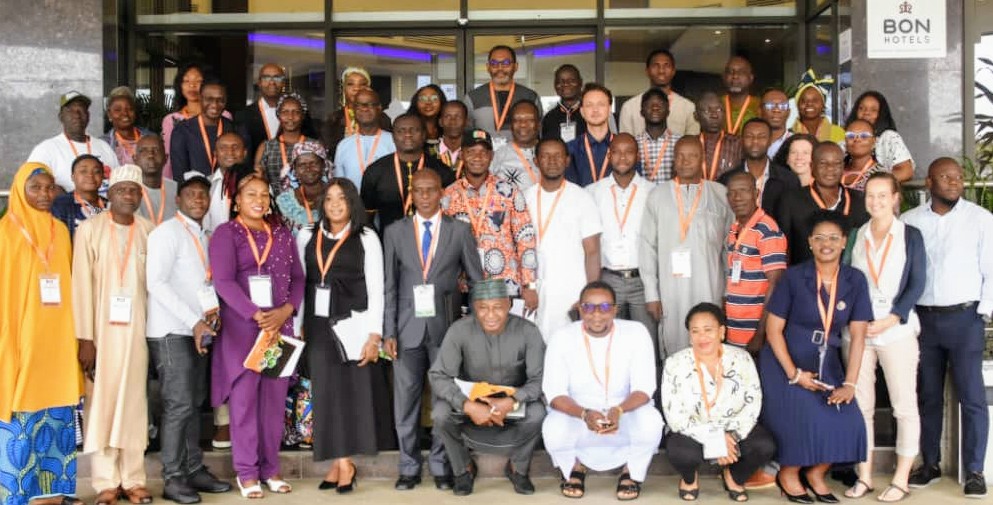
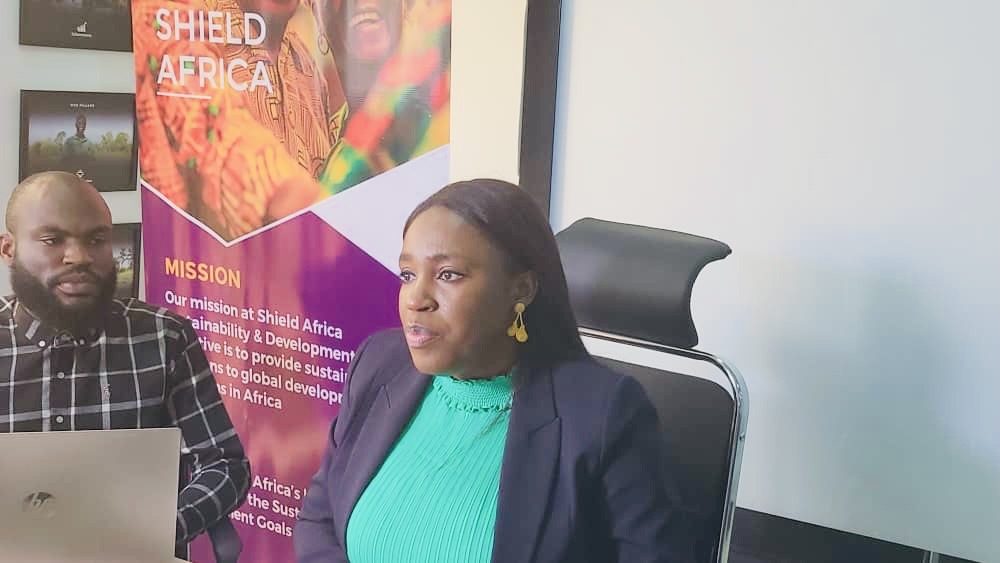


 The organisation’s Country Director, Dr Lekan Tobe, said this on Monday, during the launch of the second edition of Poultry Supply Chain De-risking Programme (PoS-DerP) in Abuja.
The organisation’s Country Director, Dr Lekan Tobe, said this on Monday, during the launch of the second edition of Poultry Supply Chain De-risking Programme (PoS-DerP) in Abuja.
